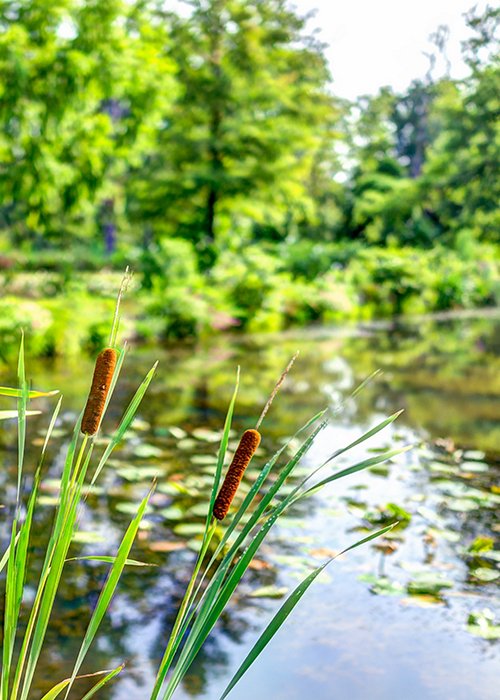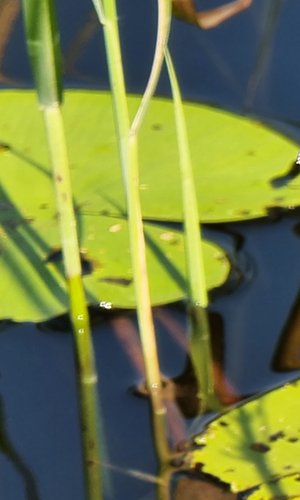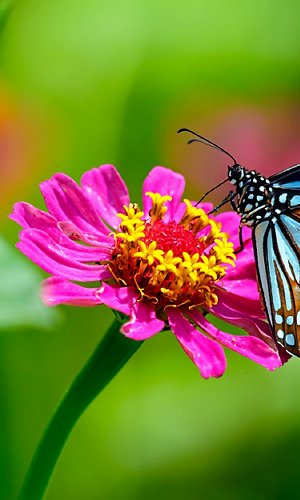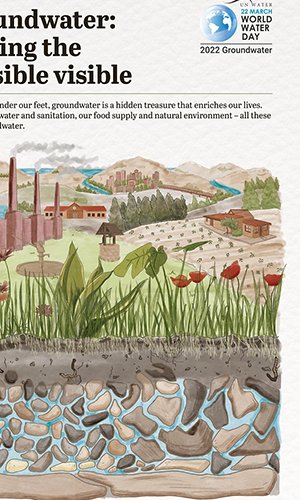2 February is World Wetlands Day, set up in 1997 to commemorate the anniversary of the “Convention on Wetlands of International Importance”, signed in Ramsar (Iran) in 1971. The Convention was set up by the UN with the aim of preserving environments that host a wide biodiversity (40% of the total) and are of fundamental importance for climate change mitigation, having a high capacity to store carbon dioxide. These ecosystems are often very fragile and are now being severely tested by climate change and human pressure. Suffice it to say that in the last fifty years in Europe, two thirds have disappeared and many are severely degraded.
Wetlands play a fundamental role for the planet and human survival: they are a valuable source of fresh water and food; they are home to a wide variety of organisms including birds, mammals, reptiles, amphibians, fish and invertebrates and about 10% of all aquatic species. Last year’s theme, “Water, wetlands and life are inseparable”, emphasised the importance of the services that wetlands provide, along with the need for their maintenance or restoration.
One of the merits of the Convention is that it has clearly defined the concept of wetlands. These are land areas that are permanently or seasonally saturated or inundated with water. Inland areas include marshes, ponds, lakes, and floodplains; coastal areas, comprise salt-water marshes, estuaries, mangroves, lagoons, and even coral reefs. Ponds, paddy-fields and salt marshes are man-made wetlands. The convention – signed by over 150 countries – currently identifies almost 2000 wetlands globally, for which it supports the principles of sustainable development and biodiversity conservation. In Italy there are 65 wetlands (according to the definition of the convention), nine of which are still being implemented, totalling more than eighty thousand hectares spread over 15 Regions.
This year’s theme is “Value, Manage, Restore, Love Wetlands”: recognising their value, protecting and managing them properly, restoring them where we have destroyed them, and learning to love them for their beauty and importance, starting with their incredible biodiversity. Let’s not forget, moreover, that wetlands are also fundamental to our survival: they are an important carbon sink, they purify water, they protect against flooding, they provide fibre and materials, as well as being home to thousands of species linked to them. The aim of the day is precisely to raise public awareness of the vital role played by wetlands in the well-being of the environment, so that everyone can learn more about them and make a tangible commitment to safeguarding these areas.




